Oregon to Subsidize Electric Car Charging Stations For State Workers
Wednesday, September 03, 2014
Oregon is the only state in the country with plans to publicly subsidize electric-car charging stations for its employees.
The state has agreed to install an unspecified number of electric charging stations for employees at the capital in Salem as part of a U.S. Department of Energy workplace electric-vehicle charging program aimed at providing electric car commuters with a place to charge up. A single station could cost between $1,500 and $3,000.
Employees would have to pay for the jolt, Ashley N. Horvat, Oregon’s chief Electric Vehicle (EV) officer, said.
“The good news is that Oregon is already ahead of the curve with charging stations,” Horvat said. “We are a regular paradise for EVs (close to 5,000 EVs registered), but there is still much work to do in this space to accelerate EV adoption to meet our clean air, fossil-fuel reduction, and economic development goals.”
Horvat said the state is in the process of submitting its plan for more charging stations in Salem to the DOE.
Of the 100 companies who have committed to the federal challenge to provide electric car charging stations for employees, Oregon is the only state government to have signed on so far.
Feds Promote Electric Car Use
The goal of the program is to increase the number of companies providing charging stations for their employees tenfold by 2018, according to U.S. Department of Energy officials. It also doesn’t hurt the electric vehicle industry.
“The more people who see co-workers commuting in electric cars. the more likely they are to buy cars themselves,” said Jeff Allen, executive director of Drive Oregon, the nonprofit organization coordinating the U.S. Department of Energy’s EV Everywhere Workplace Charging Challenge in Oregon. "Once you’ve seen somebody doing it becomes more realistic to think about doing it yourself.”
Drive Oregon in July signed up 15 companies and agencies including Intel, Portland General Electric and the cities of Beaverton and Hillsboro, to commit to providing the electric stations.
Horvat said the commitment to add charging stations in Saleml is part of the state’s broader scheme to get 130,100 zero emission vehicles on the road by 2025. Oregon revealed its plans in May along with seven other states to boost the number of electric, hybrid and other fuel-efficient cars. That plan includes encouraging companies to provide charging stations for employees.
“If we are in a position to request that our major and smaller employers step up to provide workplace charging," Horvat said," the state must lead by example by making the transition to EVs as seamless as possible for state employees, removing barriers and proving opportunities for clean passenger vehicles where biking and public transportation are not an option.”
There are 500 charging stations and 1,000 outlets (some stations have more than one) across the state. Some companies charge employees, others provide the energy as an incentive.
Allen attributes Oregon’s interest in the EV program to Portland’s progressive mindset on commuting and the many businesses that already offer bike lockers, showers and other accommodations for eco-friendly commuting.
“We’re the No. 1 bike community in the country,” he said. “I know that part of the reason for that is that we have employers who say this is a good transportation choice that employees are making.
“Eventually businesses started to realize if you want to compete for good employees, this is what they’re looking for.”
Home page photo credit: Håkan Dahlström via Compfight cc
Related Slideshow: Top 12 carless cities in the U.S.
Portland ranks among the top cities in the nation where residents live without cars. Check out the other cities that scored highly.
Related Articles
- Off Your Bike: Four Helpful Stretches for the Bike Commuter
- Most Dangerous Roads and Intersections in Oregon 2014
- Methodology: Most Dangerous Intersections in Oregon 2014

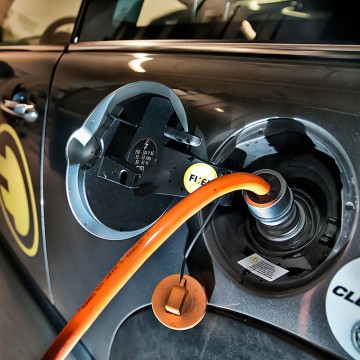
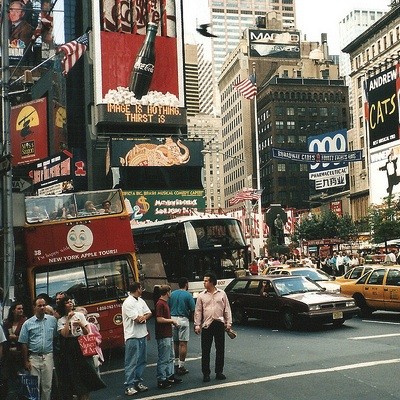

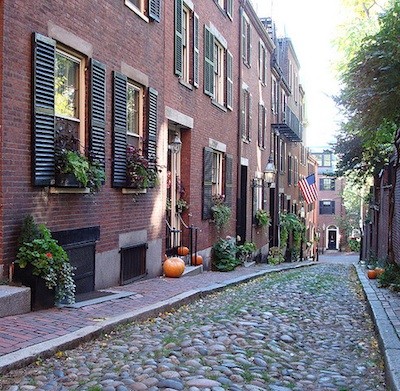
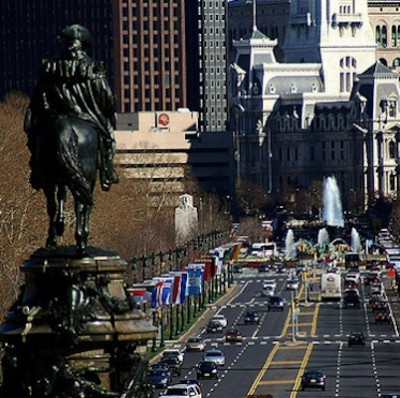
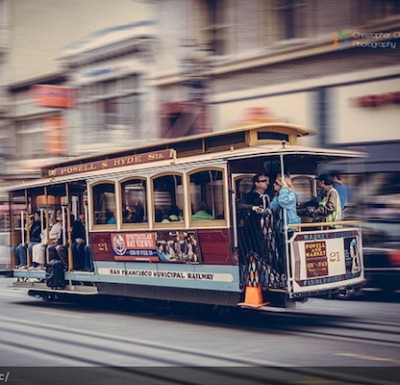
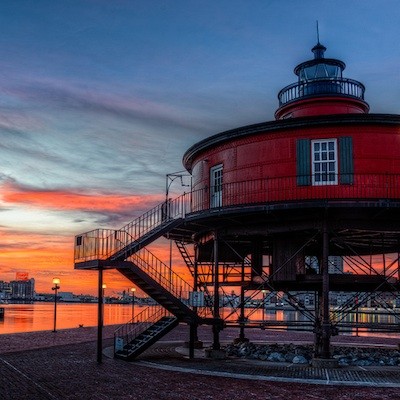
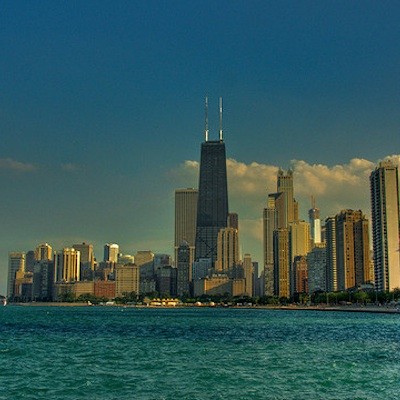
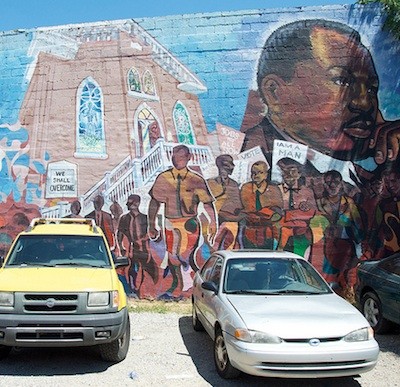
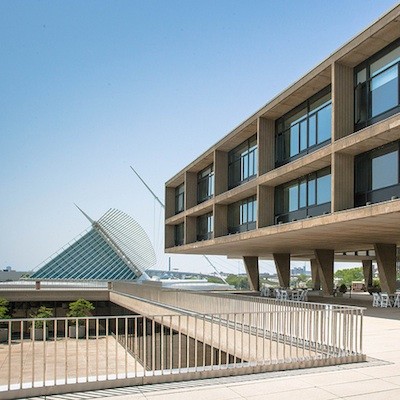
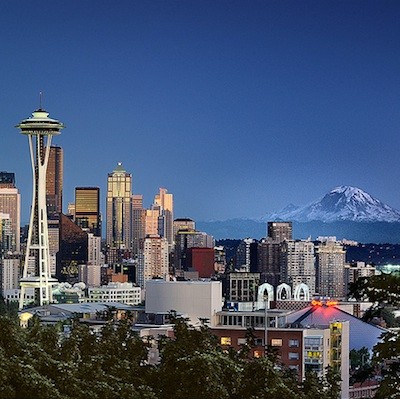

















Follow us on Pinterest Google + Facebook Twitter See It Read It